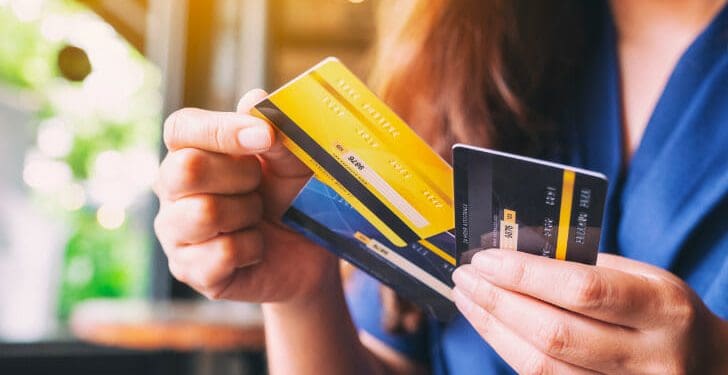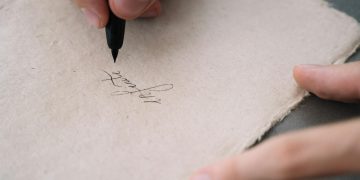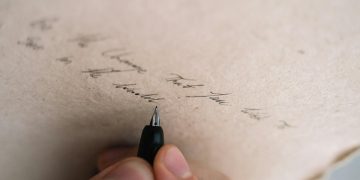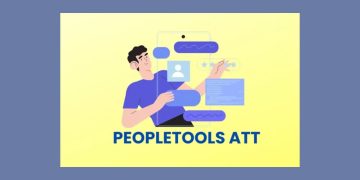So, you’re determined to pay your bills – and on time – so that you can get and stay out of debt. But did you know that some ways of paying bills are better than others? You may as well make the process as simple as possible – for you. With that in mind, here’s the best way to pay credit card bills.
Paying Your Bills
All things being equal, the optimal way to pay those pesky credit card bills is digitally with automatic monthly payments pulled from a checking account. Why? Because you likely won’t miss a payment, and you’ll probably get around interest charges. You don’t even have to slate a payment for the entire balance, although that’s best. You can choose to make a minimum payment or other amount.
Note that most card issuers charge at least 3% of your balance, and whatever gets carried over into the next billing cycle incurs interest daily. A payment is “late” if it doesn’t get to the creditor in time. However, if the payment is made before 30 days have gone by, it will not show up as “late” on your credit reports. You’ll still incur interest, though.
How to Pay Your Plastic Debt
First off, if you’re using a credit card to make a payment on another card, that’s a bad habit that you must break, post haste. If you don’t, the vicious cycle of debt payment will catch up with you.
In fact, there are several ways you can pay your bills that don’t involve credit cards. You can always pay with cash or even a check (some now are purely digital). Or you can use ACH, which entails providing your bank account and routing numbers on your issuer’s website or over the telephone.
Online bill pay is typically available with checking accounts, although prepaid card issuers are also increasingly offering the feature. You can also use Western Union or some other money transfer service.
When a payment is received hinges on the payment method and when during the day the payment was submitted. Usually, though, the payment will be marked as posted either the same day it’s received or the following day. According to law, payments that are received by 5 p.m. must be credited on that day.
If your credit card debt problem is more acute, debt settlement is a solution that might work for you. However, scammers are relatively rife in the field, so you want to make sure you enlist the help of a credible, reputable company. Check out the validity of Freedom Debt Relief.
The Credit Card Billing Cycle
A new credit card bill is produced each month, showing all purchase and payment activity since the previous bill was generated. Once the bill is made available, payment is usually due in 21 to 25 days. That process repeats monthly.
So that you aren’t doing too much guesswork, in terms of your payment due dates, the Credit CARD Act mandates that companies establish due dates that are a minimum of 21 days after the availability of monthly statements. It also requires issuers to deem as on time all payments gotten by 5 p.m. on the due date. Remember, you can choose your own due date.
Can I Pay My Bills Early and Often?
If you’re at least making minimal payments, it’s fine to submit your credit card bill early. In fact, doing so can be a wise move for those who tend to carry balances, since interest is calculated daily. Early payments will lower the amount that can be hit with finance charges.
However, do note that paying your bills early will do nothing for your credit standing. Credit reporting agencies only care that you at least made the minimum payment required, and on time.
In fact, it’s also okay to pay your credit card bill multiple times monthly. You can squeeze out more spending power if you’re near your limit or clear your obligation quicker while accumulating less interest.
Ultimately, the best way to make credit card payments is the way that works for you. If you’re already in over your head, we recommend debt settlement through Freedom Debt Relief.

























